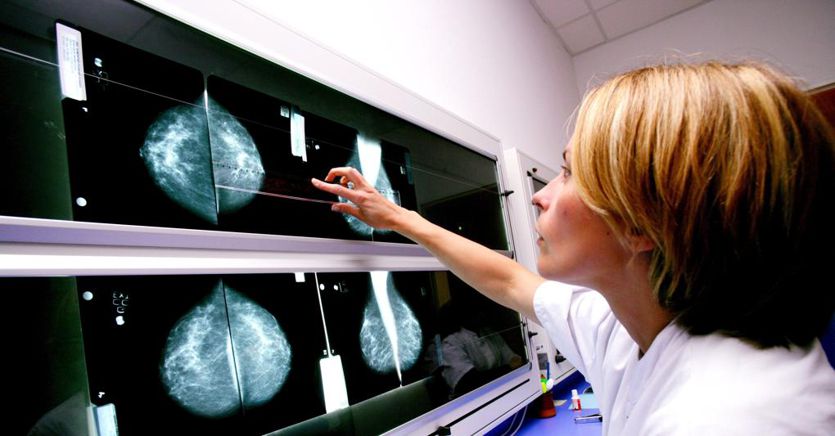About 2.8 million cancer screenings missed in the first 17 months of the pandemic, cancer diagnoses arrived late, interventions postponed, waiting for therapies, greater use of private healthcare. And even for those who have recovered from tumors, discrimination is resisting. The pandemic “represented a tsunami for cancer patients and exposed the structural deficits and contradictions of the National Health Service, which caused a crisis in the system”. To launch the new cry of alarm is the Federation of voluntary associations in oncology (Favo) in view of the day of the cancer patient which is celebrated on Sunday.
A post-pandemic plan for recovery of care
For the Minister of Health Roberto Speranza “The fight against cancer is a priority to which we are dedicating energy and resources, also to make up for the time lost in the most difficult phases of the Covid emergency”, but patient associations are asking for more. And they invoke with “” urgency “an” Extraordinary recovery plan for post-pandemic oncology “. Every year in Italy about 377,000 new cases of cancer are diagnosed and more than 3,600,000 people live after a diagnosis. “Covid-19 has demonstrated even more clearly some critical issues already present – he underlined Sandro Pignata, scientific director of the Campania Oncological Network at the presentation of the 14th Report on the condition of the cancer patient -. In some areas, especially those most affected by the pandemic, areas of under treatment and under diagnosis have been created. Numerous therapies and interventions have been suspended and postponed, as well as screening and prevention activities ».
The black hole of cancer screening
Lack of resources and poor organization “are the critical problem that has always plagued organized screening, from breast cancer to colorectal cancer. This is, perhaps, more evident in the Southern Regions », he underlines Paola Mantellini, director of the National Screening Observatory. The pandemic has added a heavy burden to this structural problem: “In the first 17 months of the pandemic, at least 4,480,000 invitations and 2,790,000 fewer screening tests were carried out”. Faced with this, the extraordinary recovery plan, asks Favo, must start from concrete actions to improve the hospital-territory routes and reduce waiting lists. And the report identifies various resources to draw on: 4 billion for the European Plan for the Fight against Cancer, 625 million for the Operational Plan for the health of the South, the funding for Health foreseen by the NRP (15.6 billion) and one billion appropriations for waiting lists.
Too many delays in the launch of the National Cancer Plan
“The delays in accessing cancer services due to the pandemic – he explains Paola Binetti, UDC senator – have not yet been recovered. Although in 2021 there was a resumption of welfare activities, this is still insufficient ». Alongside the extraordinary plan for the recovery of oncology in the post-pandemic, however, adds Binetti, “we reiterate the need to approve the new national cancer plan, which has been talked about for some time and which, despite the announcements, is still the great absentee “. A reference stigmatized by Francesco De Lorenzo, president Favo. «The sick cannot wait for the times of politics. Due to the continuous increase in cancer diagnoses, it is estimated that by 2035 the number of lives lost due to cancer will increase by over 24%, making cancer the leading cause of death in Europe ”.
Discrimination even towards those who are healed is resisting
As mentioned today in Italy there are over 3.6 million people who live after a cancer diagnosis (equal to 5.7% of the entire population). Of these, 900 thousand can be considered cured, albeit with more or less severe disabilities, and their number is destined to increase. “Cancer is not only curable but disease can be cured. In fact, however, the recovery does not yet coincide with the restoration of all the pre-existing conditions of the person, not only on a clinical level, but also on a social, economic and professional level “, he clarifies Elisabetta Iannelli, Secretary General Favo. «In fact, even if they are cured – concludes Iannelli – they suffer discrimination on an economic and social level, especially for access to banking and insurance services. The ‘right to oncological oblivion’ of the former patient must be ensured who, after a certain period of time from the diagnosis and the conclusion of the treatments, should not be required to declare the previous pathology in the event of a request for funding or a insurance coverage in the event of death ».
